Navigating Energy Diplomacy & Geopolitics in the Gulf
Fiker Institute hosted Bahraini diplomat and Al-Khaleej Fellow Ahmed Buhejji to discuss energy diplomacy in the Gulf.
Fiker Institute hosted Bahraini diplomat and Al-Khaleej Fellow Ahmed Buhejji to discuss energy diplomacy in the Gulf.

Forty-seven years have passed since Edward Said published his masterpiece Orientalism in 1978, and his ideas remain pertinent to the understanding of the contemporary regional context and how it is both perceived and portrayed. This Essay aims to contextualize Orientalism within the current political moments, focusing on the case of contemporary Syria, as a striking example of Orientalist imperial and colonial legacies, totalitarian history, and post-conflict dynamics, and the continued manipulation of Orientalist discourses as tools of control.

Sitting on the shores of the Arabian Gulf, Dubai has acted as a crossroads of trade and diverse communities throughout its history. With the discovery of oil in the 1960s and the increase of expatriates, several churches of many denominations were built across the city to provide permanent spaces of worship. In this Essay, Dr. Khawla Almarri traces the history of Dubai’s Christian communities from the pre-oil era to the present day and explores how religious recognition systems can be understood and fostered by public sector institutions.

Since the second half of the 20th century, the Arab region has witnessed pivotal and transformative political events that have shaped its modern history. Arab(ic) autobiographical literature has flourished in these contexts. A plethora of these texts have been written by women. This Essay aims to present a brief history of Arab women writing about their experiences of war and political upheavals in autobiographical texts.
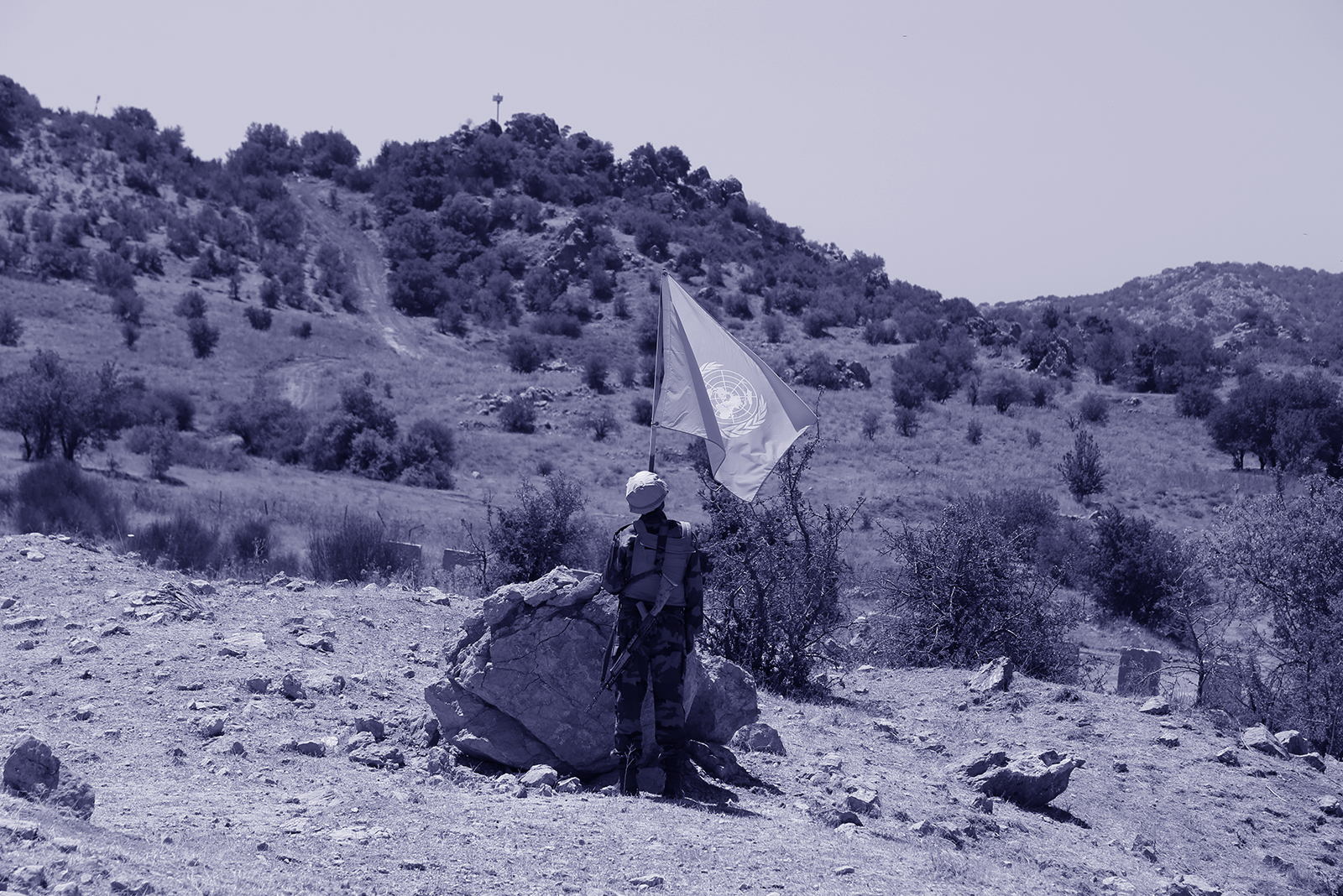
The architecture of ceasefire governance in contemporary conflicts has shifted from universal institutions toward selective coalitions of powerful states with profound implications for global security: Enforcement becomes selective, violations are interpreted asymmetrically, and the objective transforms from sustainable peace to strategic advantage.
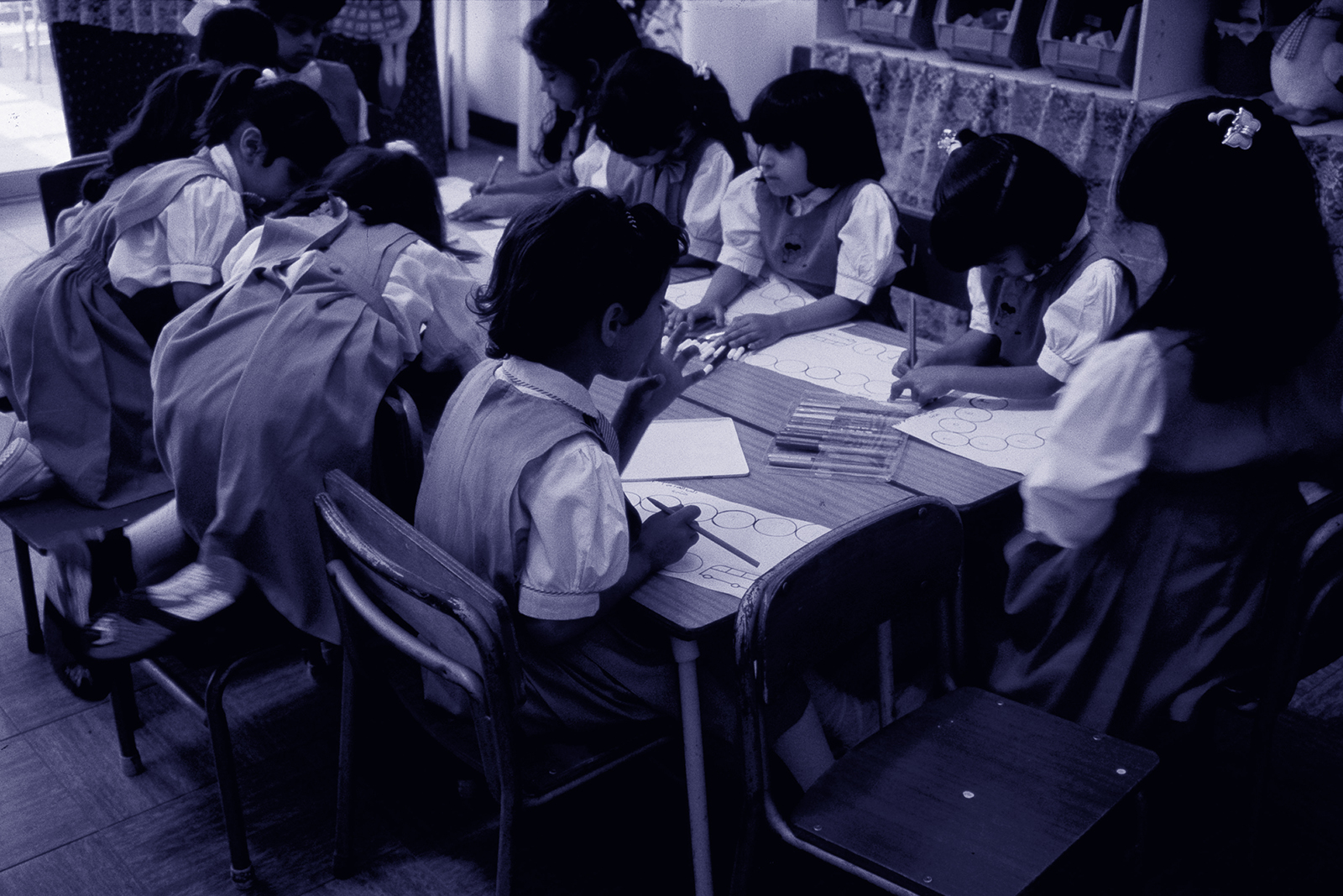
In 1979, the first issue of Majid Magazine, one of the oldest publications for children in the Arab world, was published in Abu Dhabi. Majid Magazine rapidly spread across the Arab world and contributed to forming a shared pan-Arab identity through its characters and themes.

In Inaam Kachachi’s Sayf Siwisri, a newly developed Swiss medicine, which is referred to as “bonbon”, can cure people from the deadliest disease of all—ideology. Kachachi’s novel is an exploration of forced migration, fundamentalism and its origins, cultural identity, and the lasting effects of colonization on the human psyche. At its essence, Sayf Siwisri asks what it means to be accepted and integrated, and where the blame lies in systemic trauma.
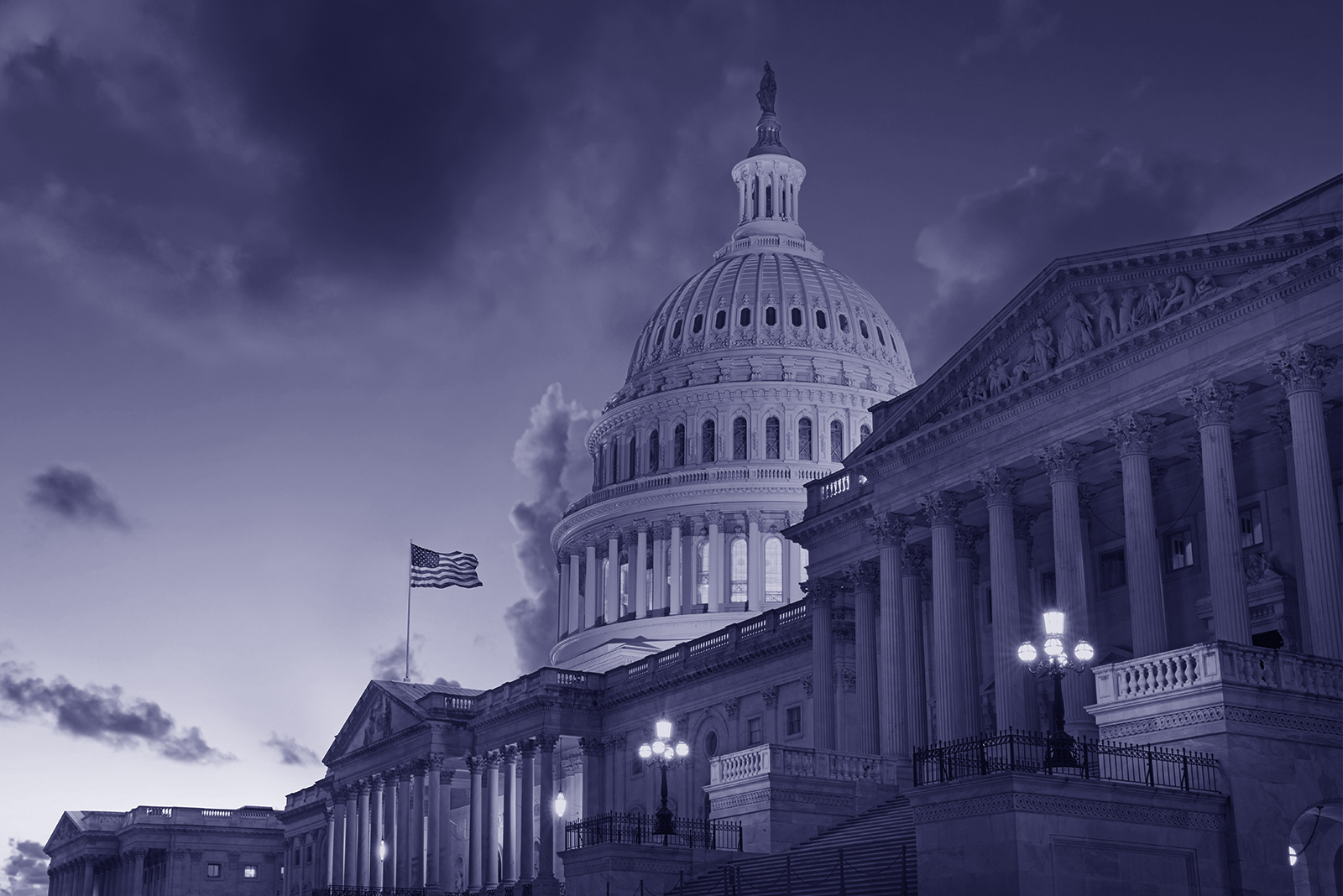
While the West flourished post-Second World War, the Global South faced marginalization. Today, the international order is undergoing a realignment of power. More nations are standing against hegemony, and what once seemed permanent is shifting into a new reality: the rise of multipolar cooperation, a stronger voice from the Global South, and the recognition that the world’s future cannot rest in the hands of a single power.

Afaf Zurayk is one of the last figures of a generation of prominent Lebanese women artists who emerged in the 1960s–70s, when Beirut was an epicenter of art and creativity. Zurayk’s work and the artist’s life is a testament to resilience and the power of art in the face of adversity.

In 1938, Australian writer Alan Villiers traveled to the Gulf to document what he believed to be the last days of Arab sailing traditions. The neglect of Villiers’ account in academic research highlights how the Gulf’s cultural isolation is related to a deeper Orientalist structure of thought that overlooks the sea in its portrayal of the Arabian Peninsula. This Essay examines the legacies of Villiers’ work in the early history of Kuwaiti cinema and its preoccupation with the sea, pearl-diving, and pre-oil economic class distinctions to show what gives the seas such an allure in Kuwaiti film and literature.

Forty-seven years have passed since Edward Said published his masterpiece Orientalism in 1978, and his ideas remain pertinent to the understanding of the contemporary regional context and how it is both perceived and portrayed. This Essay aims to contextualize Orientalism within the current political moments, focusing on the case of contemporary Syria, as a striking example of Orientalist imperial and colonial legacies, totalitarian history, and post-conflict dynamics, and the continued manipulation of Orientalist discourses as tools of control.

Sitting on the shores of the Arabian Gulf, Dubai has acted as a crossroads of trade and diverse communities throughout its history. With the discovery of oil in the 1960s and the increase of expatriates, several churches of many denominations were built across the city to provide permanent spaces of worship. In this Essay, Dr. Khawla Almarri traces the history of Dubai’s Christian communities from the pre-oil era to the present day and explores how religious recognition systems can be understood and fostered by public sector institutions.

Since the second half of the 20th century, the Arab region has witnessed pivotal and transformative political events that have shaped its modern history. Arab(ic) autobiographical literature has flourished in these contexts. A plethora of these texts have been written by women. This Essay aims to present a brief history of Arab women writing about their experiences of war and political upheavals in autobiographical texts.

The architecture of ceasefire governance in contemporary conflicts has shifted from universal institutions toward selective coalitions of powerful states with profound implications for global security: Enforcement becomes selective, violations are interpreted asymmetrically, and the objective transforms from sustainable peace to strategic advantage.

In 1979, the first issue of Majid Magazine, one of the oldest publications for children in the Arab world, was published in Abu Dhabi. Majid Magazine rapidly spread across the Arab world and contributed to forming a shared pan-Arab identity through its characters and themes.

In Inaam Kachachi’s Sayf Siwisri, a newly developed Swiss medicine, which is referred to as “bonbon”, can cure people from the deadliest disease of all—ideology. Kachachi’s novel is an exploration of forced migration, fundamentalism and its origins, cultural identity, and the lasting effects of colonization on the human psyche. At its essence, Sayf Siwisri asks what it means to be accepted and integrated, and where the blame lies in systemic trauma.

While the West flourished post-Second World War, the Global South faced marginalization. Today, the international order is undergoing a realignment of power. More nations are standing against hegemony, and what once seemed permanent is shifting into a new reality: the rise of multipolar cooperation, a stronger voice from the Global South, and the recognition that the world’s future cannot rest in the hands of a single power.

Afaf Zurayk is one of the last figures of a generation of prominent Lebanese women artists who emerged in the 1960s–70s, when Beirut was an epicenter of art and creativity. Zurayk’s work and the artist’s life is a testament to resilience and the power of art in the face of adversity.

In 1938, Australian writer Alan Villiers traveled to the Gulf to document what he believed to be the last days of Arab sailing traditions. The neglect of Villiers’ account in academic research highlights how the Gulf’s cultural isolation is related to a deeper Orientalist structure of thought that overlooks the sea in its portrayal of the Arabian Peninsula. This Essay examines the legacies of Villiers’ work in the early history of Kuwaiti cinema and its preoccupation with the sea, pearl-diving, and pre-oil economic class distinctions to show what gives the seas such an allure in Kuwaiti film and literature.

Forty-seven years have passed since Edward Said published his masterpiece Orientalism in 1978, and his ideas remain pertinent to the understanding of the contemporary regional context and how it is both perceived and portrayed. This Essay aims to contextualize Orientalism within the current political moments, focusing on the case of contemporary Syria, as a striking example of Orientalist imperial and colonial legacies, totalitarian history, and post-conflict dynamics, and the continued manipulation of Orientalist discourses as tools of control.

Sitting on the shores of the Arabian Gulf, Dubai has acted as a crossroads of trade and diverse communities throughout its history. With the discovery of oil in the 1960s and the increase of expatriates, several churches of many denominations were built across the city to provide permanent spaces of worship. In this Essay, Dr. Khawla Almarri traces the history of Dubai’s Christian communities from the pre-oil era to the present day and explores how religious recognition systems can be understood and fostered by public sector institutions.

Since the second half of the 20th century, the Arab region has witnessed pivotal and transformative political events that have shaped its modern history. Arab(ic) autobiographical literature has flourished in these contexts. A plethora of these texts have been written by women. This Essay aims to present a brief history of Arab women writing about their experiences of war and political upheavals in autobiographical texts.

Pan-Africanist ideals came to fruition circa 1860, paving the way for the development of the African Union (AU). This Explainer discusses the Union’s successes, the reasons for its shortcomings, and ways to advance in its future progression.

How has BRICS fared against predictions made in the early 2000s about its far-reaching potential? This Explainer discusses the evolution of BRICS from the late 1990s to this day, and explores its role as an alternative multilateral economic arrangement through its current initiatives.

The decolonization processes in the 20th century introduced a range of governance models between imperial metropoles and their former colonies, which challenge a strict interpretation of political autonomy and independence in international relations.
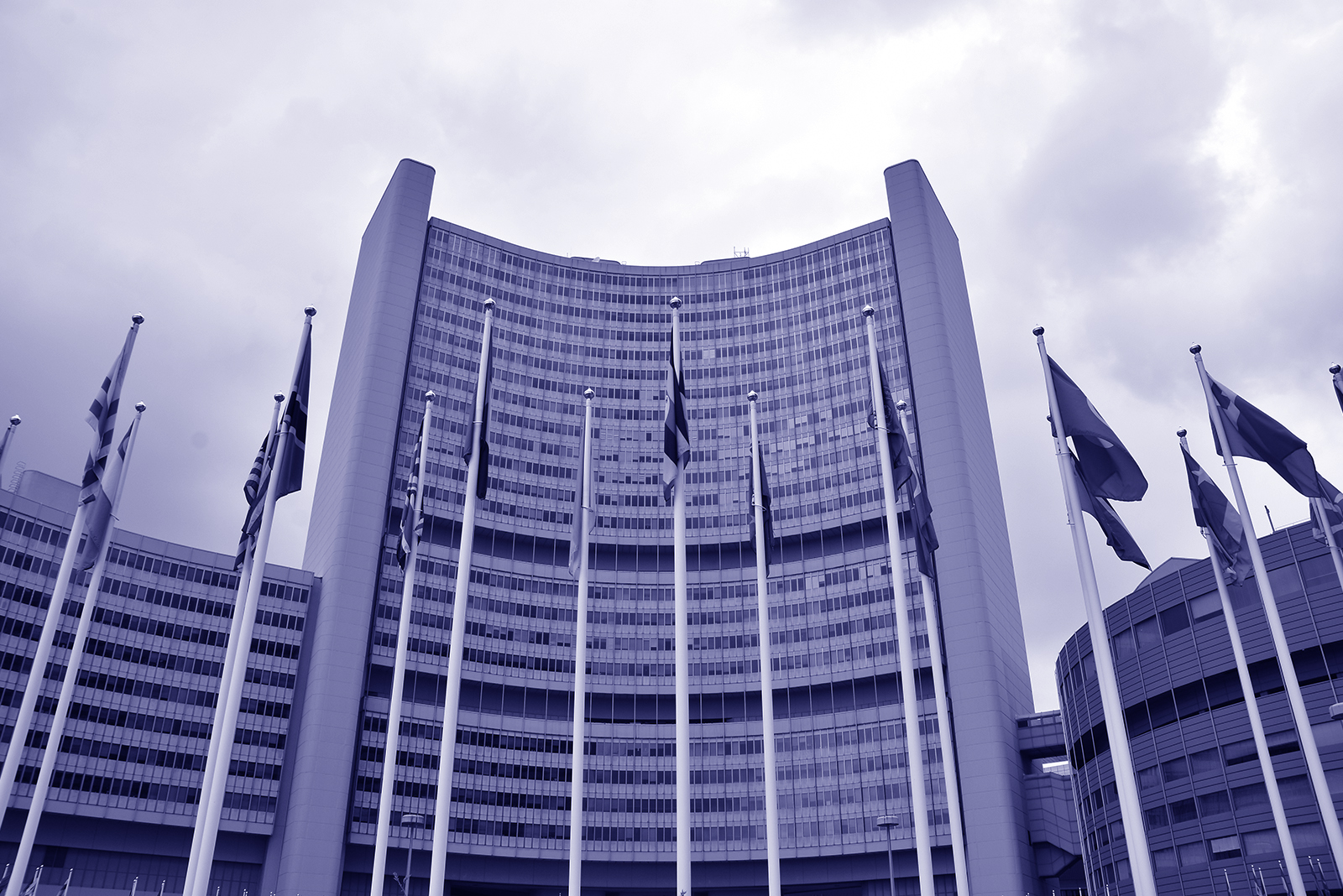
The nuclear non-proliferation regime has evolved from a patchwork of agreements into an important architecture of nuclear restraint globally. Yet, the regime now faces some formidable challenges. Deep structural fractures, including inequality, the disarmament deficit, and the tolerance of nuclear latency, are compounding threats of geopolitical rivalry, lack of universality, and the challenge of new disruptive technologies.
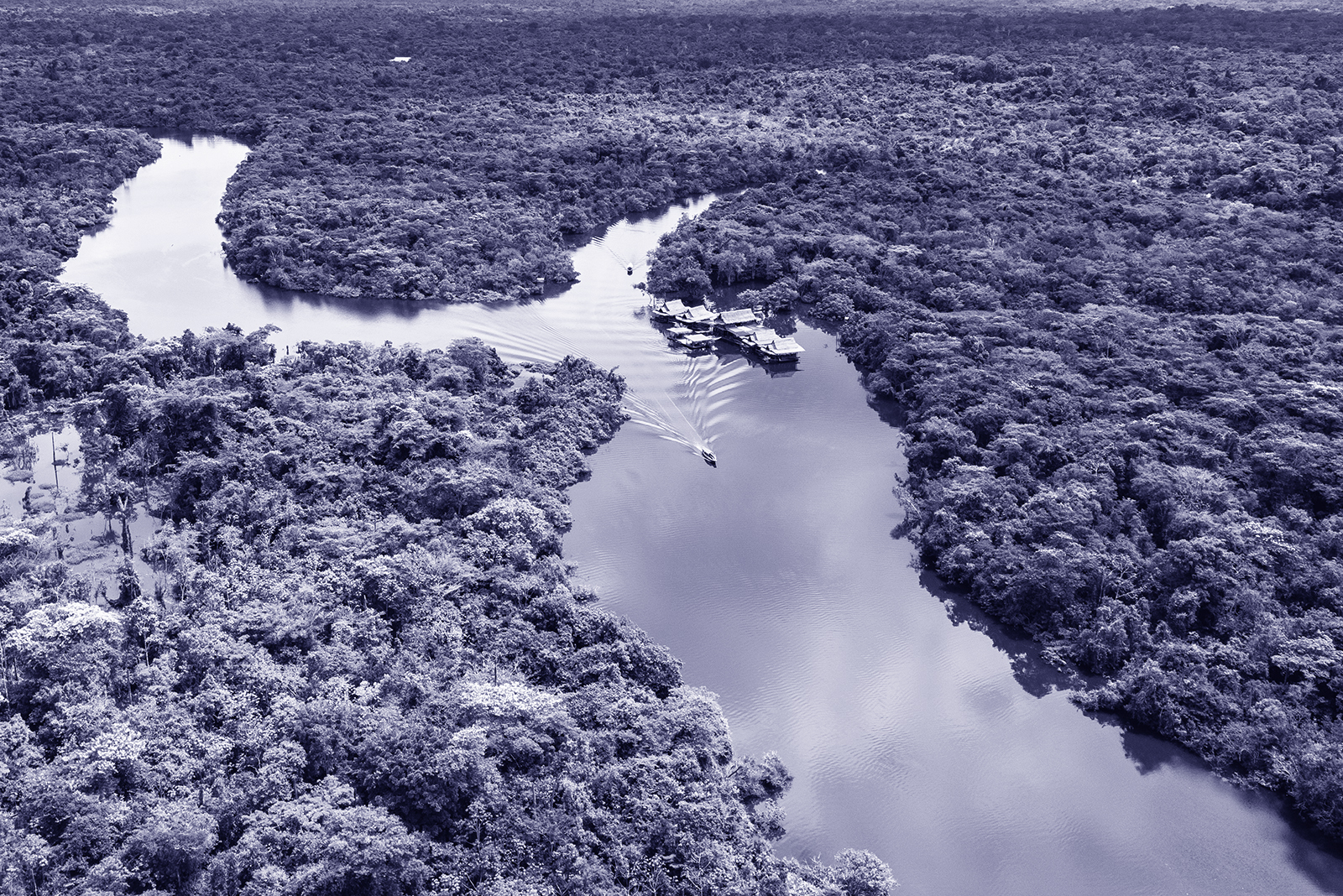
In November 2025, Brazil will host COP30, the annual UN climate conference. International climate governance has witnessed uneven progress in recent years, with North-South tensions and geopolitical instability threatening vital action against deteriorating climate conditions. What can we expect from Brazil’s COP and how does the summit highlight deeper problems in global climate governance?

Established in 1961, the NAM was birthed out of a decolonial group consciousness based on collective coordination for national self-determination against colonialism and imperialism. What factors within its evolution contributed to the hindering of its legitimacy, power, and relevance on a global scale?

The issue of political financing is historically rooted in US presidential elections. Underlying the political struggle toward the presidency is a money race, as contenders fight to gain crucial campaign support and outweigh their opposition ahead of elections in November.

Every five years and for more than four decades, European citizens head to the polls to elect their representatives in the European Parliament. The upcoming 2024 European Parliament elections, set to take place in June, will mark a pivotal moment for the future of the inter-European political landscape.

Countries suffering from economic de-development continuously deteriorate, regardless of increases in economic output, & often face ongoing crises that strip citizens of their political, economic, and social agency. This explainer examines cases of de-development in Gaza, Sudan, Syria, and Yemen.

Pan-Africanist ideals came to fruition circa 1860, paving the way for the development of the African Union (AU). This Explainer discusses the Union’s successes, the reasons for its shortcomings, and ways to advance in its future progression.

How has BRICS fared against predictions made in the early 2000s about its far-reaching potential? This Explainer discusses the evolution of BRICS from the late 1990s to this day, and explores its role as an alternative multilateral economic arrangement through its current initiatives.

The decolonization processes in the 20th century introduced a range of governance models between imperial metropoles and their former colonies, which challenge a strict interpretation of political autonomy and independence in international relations.

The nuclear non-proliferation regime has evolved from a patchwork of agreements into an important architecture of nuclear restraint globally. Yet, the regime now faces some formidable challenges. Deep structural fractures, including inequality, the disarmament deficit, and the tolerance of nuclear latency, are compounding threats of geopolitical rivalry, lack of universality, and the challenge of new disruptive technologies.

In November 2025, Brazil will host COP30, the annual UN climate conference. International climate governance has witnessed uneven progress in recent years, with North-South tensions and geopolitical instability threatening vital action against deteriorating climate conditions. What can we expect from Brazil’s COP and how does the summit highlight deeper problems in global climate governance?

Established in 1961, the NAM was birthed out of a decolonial group consciousness based on collective coordination for national self-determination against colonialism and imperialism. What factors within its evolution contributed to the hindering of its legitimacy, power, and relevance on a global scale?

The issue of political financing is historically rooted in US presidential elections. Underlying the political struggle toward the presidency is a money race, as contenders fight to gain crucial campaign support and outweigh their opposition ahead of elections in November.

Every five years and for more than four decades, European citizens head to the polls to elect their representatives in the European Parliament. The upcoming 2024 European Parliament elections, set to take place in June, will mark a pivotal moment for the future of the inter-European political landscape.

Countries suffering from economic de-development continuously deteriorate, regardless of increases in economic output, & often face ongoing crises that strip citizens of their political, economic, and social agency. This explainer examines cases of de-development in Gaza, Sudan, Syria, and Yemen.

Pan-Africanist ideals came to fruition circa 1860, paving the way for the development of the African Union (AU). This Explainer discusses the Union’s successes, the reasons for its shortcomings, and ways to advance in its future progression.

How has BRICS fared against predictions made in the early 2000s about its far-reaching potential? This Explainer discusses the evolution of BRICS from the late 1990s to this day, and explores its role as an alternative multilateral economic arrangement through its current initiatives.

The decolonization processes in the 20th century introduced a range of governance models between imperial metropoles and their former colonies, which challenge a strict interpretation of political autonomy and independence in international relations.

This issue brief explores the nuanced implications of holding social media platforms to equal political standing as sovereign states, and urges international actors to closely examine the foreign policy influence of big tech.

After the refugee crisis of 2015-2016 in Europe, the mandate and budget of Frontex, the European Border Control and Coast Guard Agency, was expanded significantly with the purpose of increasing internal security.

German-French cooperation on climate objectives will be a core determinant of the EU’s future environmental efforts. Their diverging positions might allow for more flexibility in meeting climate objectives at the pan-European level.

This issue brief examines the governance dynamics of the IMF, looking more closely at its current quota system, which grants disproportionate influence to advanced economies. It also delves into the imposition of one-size-fits-all conditional loans that often harm the economies of the Global South, and puts forward recommendations for the IMF’s reform.

Feminist approaches to foreign policy have advanced new opportunities for women across various sectors. How has this agenda developed, and how can it serve as a better tool for women’s empowerment across geographies and settings?

The absence of violence does not mean long-term stability. This issue brief examines three UN peacekeeping missions that were never able to establish long-lasting peace, & provides policy recommendations for current & future operations.

Water security should be placed at the forefront of the Arab development agenda. This Issue Brief examines possible policy interventions against severe water scarcity in the region, which is set to endanger millions unless effective collective action is taken.

How can state sovereignty and global environmental responsibility be reconciled? This issue brief examines the implications of national decision-making processes on global public goods, whose preservation is, in theory, a worldwide undertaking.

Far-right parties have risen to power in European politics, which has enabled the adoption of their principles across the continent’s political landscape. This publication examines their impact and influence going forward.

This issue brief explores the nuanced implications of holding social media platforms to equal political standing as sovereign states, and urges international actors to closely examine the foreign policy influence of big tech.

After the refugee crisis of 2015-2016 in Europe, the mandate and budget of Frontex, the European Border Control and Coast Guard Agency, was expanded significantly with the purpose of increasing internal security.

German-French cooperation on climate objectives will be a core determinant of the EU’s future environmental efforts. Their diverging positions might allow for more flexibility in meeting climate objectives at the pan-European level.

This issue brief examines the governance dynamics of the IMF, looking more closely at its current quota system, which grants disproportionate influence to advanced economies. It also delves into the imposition of one-size-fits-all conditional loans that often harm the economies of the Global South, and puts forward recommendations for the IMF’s reform.

Feminist approaches to foreign policy have advanced new opportunities for women across various sectors. How has this agenda developed, and how can it serve as a better tool for women’s empowerment across geographies and settings?

The absence of violence does not mean long-term stability. This issue brief examines three UN peacekeeping missions that were never able to establish long-lasting peace, & provides policy recommendations for current & future operations.

Water security should be placed at the forefront of the Arab development agenda. This Issue Brief examines possible policy interventions against severe water scarcity in the region, which is set to endanger millions unless effective collective action is taken.

How can state sovereignty and global environmental responsibility be reconciled? This issue brief examines the implications of national decision-making processes on global public goods, whose preservation is, in theory, a worldwide undertaking.

Far-right parties have risen to power in European politics, which has enabled the adoption of their principles across the continent’s political landscape. This publication examines their impact and influence going forward.

This issue brief explores the nuanced implications of holding social media platforms to equal political standing as sovereign states, and urges international actors to closely examine the foreign policy influence of big tech.

After the refugee crisis of 2015-2016 in Europe, the mandate and budget of Frontex, the European Border Control and Coast Guard Agency, was expanded significantly with the purpose of increasing internal security.

German-French cooperation on climate objectives will be a core determinant of the EU’s future environmental efforts. Their diverging positions might allow for more flexibility in meeting climate objectives at the pan-European level.

HR Dr Oleksandr Balanutsa, Ambassador of Ukraine to the UAE, discusses the UAE-Ukraine Comprehensive Economic Partnership Agreement.

HE Rawan Tawfeeqi, the Kingdom of Bahrain’s Minister of Youth Affairs, discusses Bahrain’s commitment to having long-term youth policy frameworks that align with global priorities.

On January 20, 2025, President Donald Trump upended years of climate finance commitments to Africa. The US President issued an executive order withdrawing the US from the Paris Agreement and rescinding the US International Climate Finance Plan. This did not come as a surprise as it is the second time President Trump has withdrawn from the Paris Agreement. […]

The transatlantic partnership, historically a shared pillar of security and economic prosperity for the United States (US) and Europe, now faces unprecedented challenges as US President Donald Trump’s second term ushers in a new era of confrontation. At the Munich Security Conference in February 2025, Vice President JD Vance sharply criticized European leadership, revealing the widening rift between the […]

After the fall of the traffic-light coalition in November 2024 and Chancellor Olaf Scholz’s failure to win a vote-of-confidence the following month, Germany’s government has a fresh opportunity to re-constitute itself in the upcoming snap elections on February 23, 2025. Scholz’s cabinet was deeply fragmented by internal disagreements, particularly over budget proposals. Havoc erupted after a […]
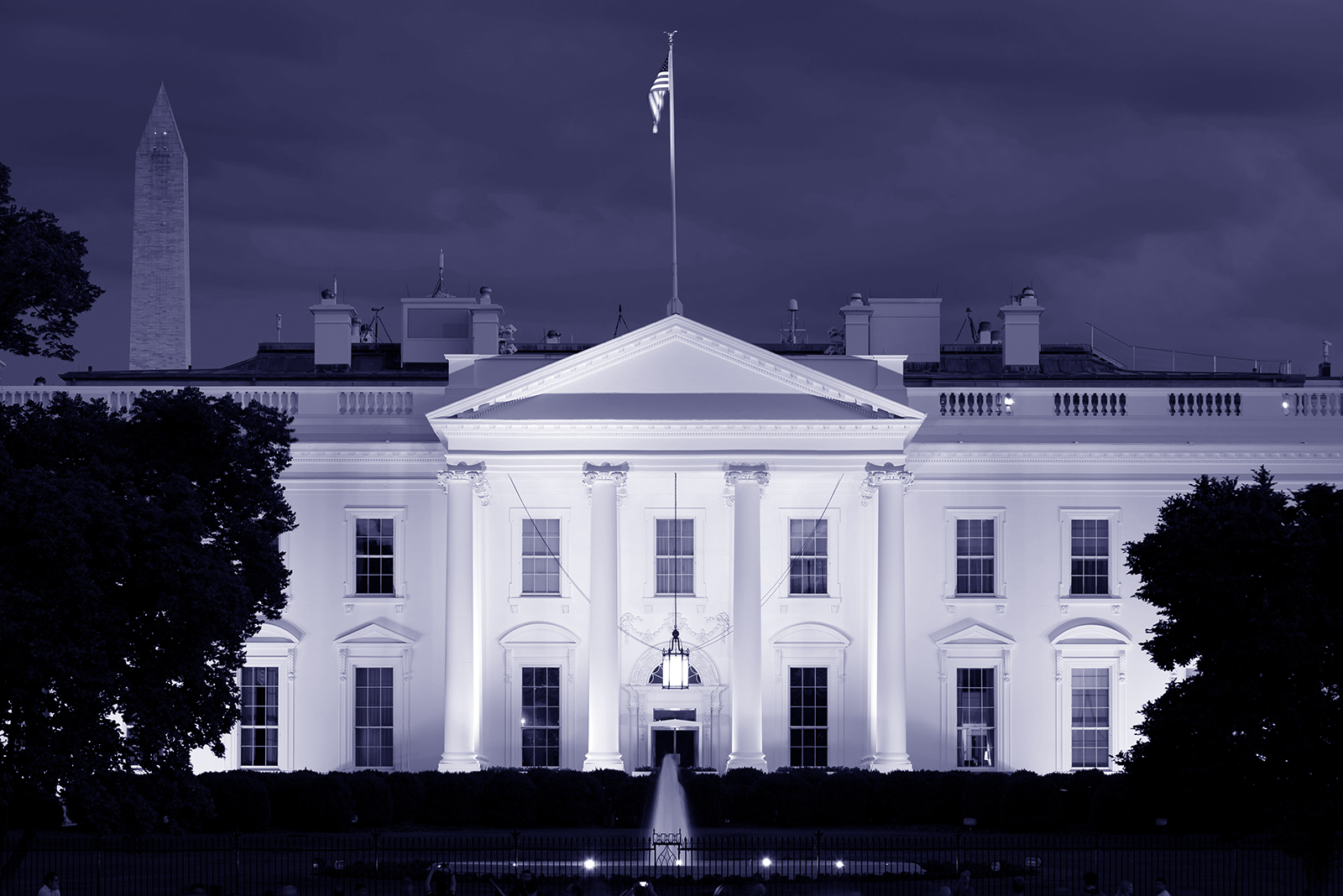
States are increasingly reverting to economic coercion in international politics. The sweeping use of sanctions and – particularly since President Trump’s second term in office – tariffs to influence other states is evidence of its growing salience. Economic coercion refers to the use of economic tools – specifically economic restrictions – to coerce a foreign government, actor, or entity […]

For much of the 20th century, Arab oil-exporting states were defined as rentier economies, where a small percentage of the population – often just 2-3% – was involved in producing wealth that accounted for up to 80% of Gross Domestic Product (GDP).1 According to modern interpretations of Adam Smith’s rentier theory, state revenue in such […]
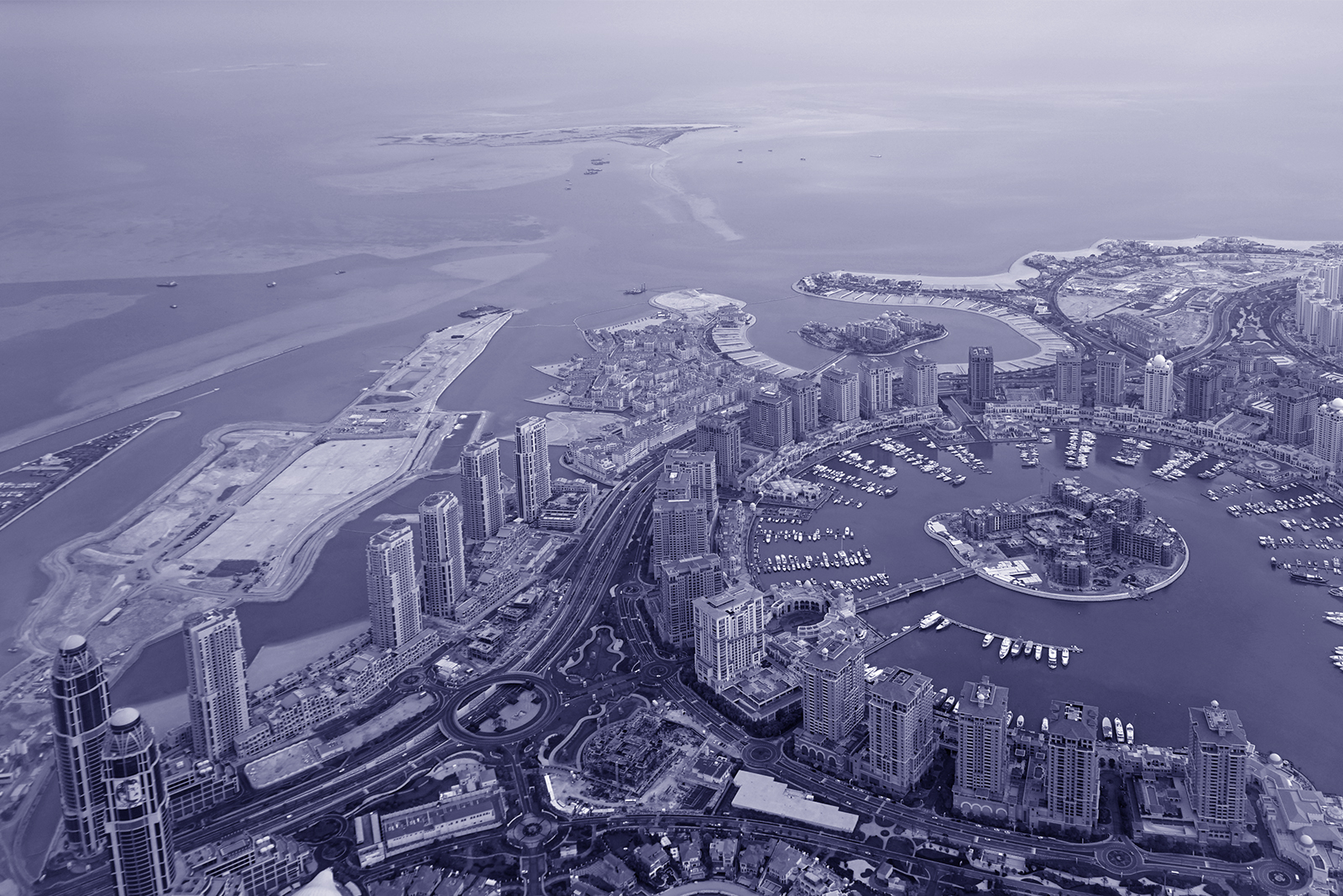
The global development landscape is undergoing a profound shift, marked by the retreat of traditional Western aid and the emergence of new philanthropic actors. Among these, Gulf Cooperation Council (GCC) countries are becoming increasingly influential, leveraging their financial capacity and geopolitical capital to reshape development and aid paradigms. Once peripheral to mainstream global development discourse, GCC nations are now positioned […]
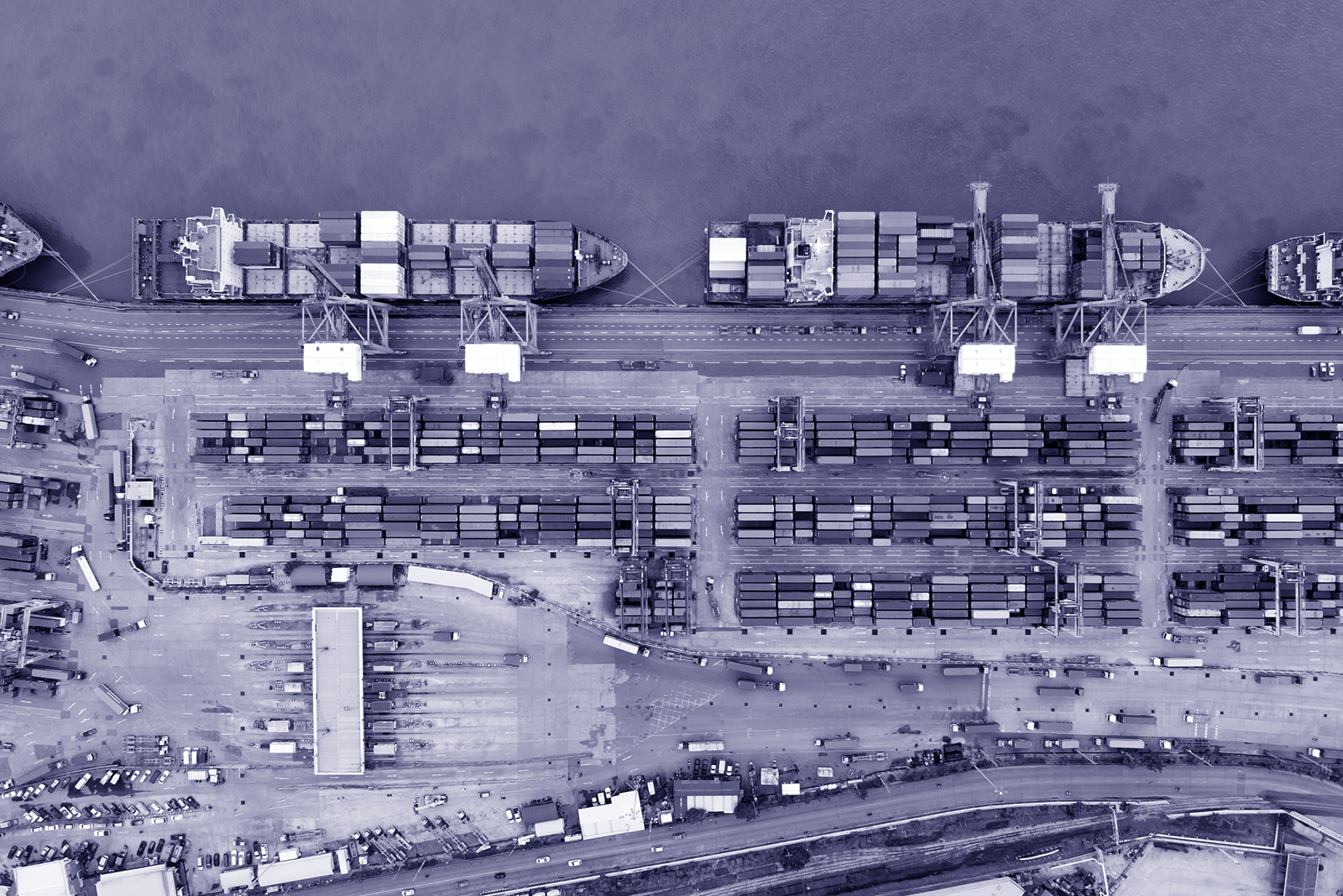
To state that the governance of multilateral trade, centered at the World Trade Organization (WTO), is at a crossroads is to understate the obvious. While current geoeconomics play a large role, as exemplified by US President Trump’s tariff policies, the causes are varied and of longer standing than simply current events. An increasingly complex trade […]
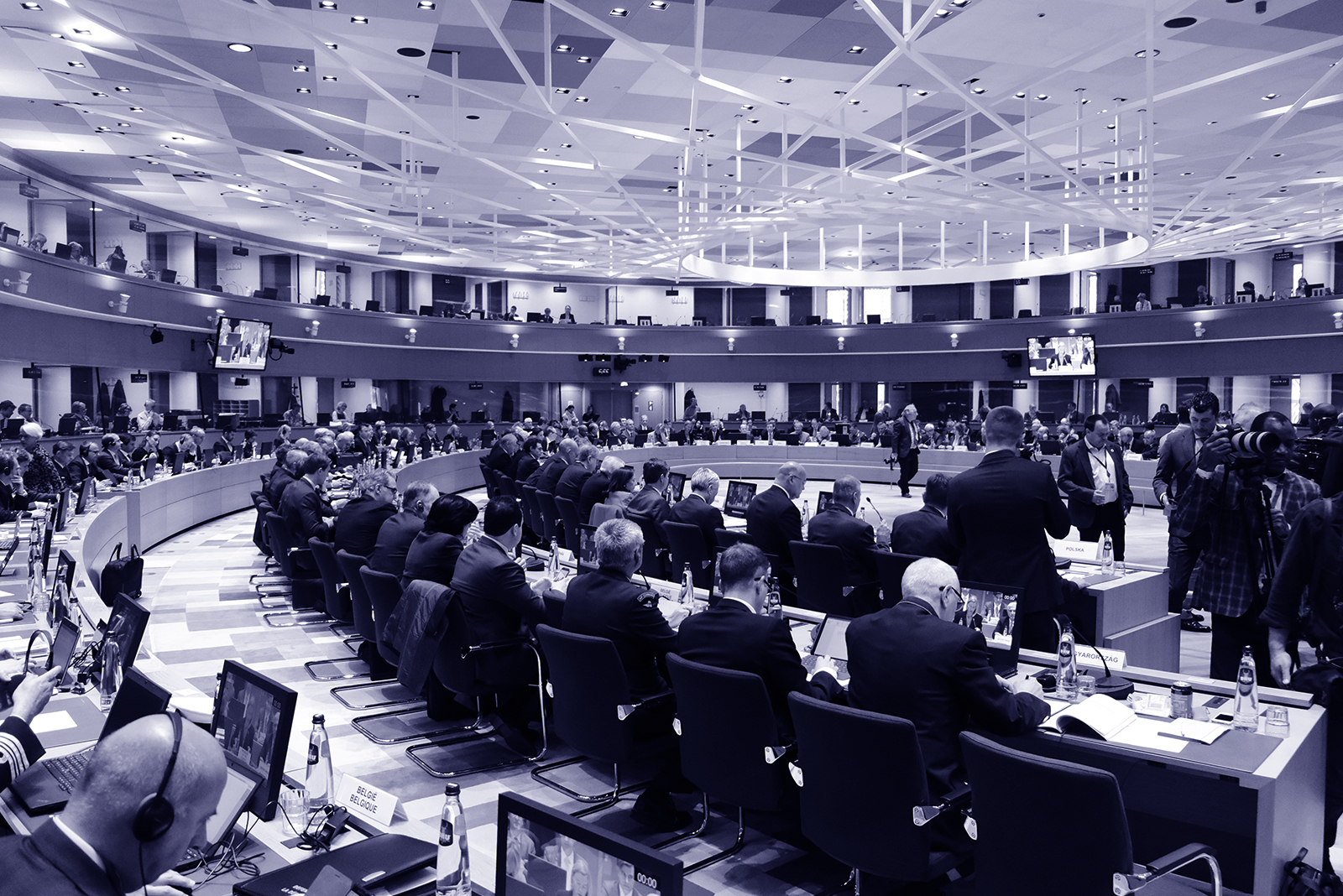
Last month’s North Atlantic Treaty Organization (NATO) summit put the question of burden-sharing for Europe’s security provision at center stage. While, ostensibly, transatlantic leaders appeared more unified around joint commitments to increase defense spending, the summit highlighted ongoing divergences between the allies. The gathering was notably short with only one working session scheduled to last a mere […]

Following the Arab League emergency meeting in early March, momentum around Gaza’s reconstruction has grown amid regional urgency and renewed international focus. At the heart of this effort lies a pivotal question: Will reconstruction serve as a tool for Palestinian sovereignty or be co-opted into another externally imposed process and prolonged military occupation? This Policy Brief argues […]

On January 20, 2025, President Donald Trump upended years of climate finance commitments to Africa. The US President issued an executive order withdrawing the US from the Paris Agreement and rescinding the US International Climate Finance Plan. This did not come as a surprise as it is the second time President Trump has withdrawn from the Paris Agreement. […]

The transatlantic partnership, historically a shared pillar of security and economic prosperity for the United States (US) and Europe, now faces unprecedented challenges as US President Donald Trump’s second term ushers in a new era of confrontation. At the Munich Security Conference in February 2025, Vice President JD Vance sharply criticized European leadership, revealing the widening rift between the […]

After the fall of the traffic-light coalition in November 2024 and Chancellor Olaf Scholz’s failure to win a vote-of-confidence the following month, Germany’s government has a fresh opportunity to re-constitute itself in the upcoming snap elections on February 23, 2025. Scholz’s cabinet was deeply fragmented by internal disagreements, particularly over budget proposals. Havoc erupted after a […]

States are increasingly reverting to economic coercion in international politics. The sweeping use of sanctions and – particularly since President Trump’s second term in office – tariffs to influence other states is evidence of its growing salience. Economic coercion refers to the use of economic tools – specifically economic restrictions – to coerce a foreign government, actor, or entity […]

For much of the 20th century, Arab oil-exporting states were defined as rentier economies, where a small percentage of the population – often just 2-3% – was involved in producing wealth that accounted for up to 80% of Gross Domestic Product (GDP).1 According to modern interpretations of Adam Smith’s rentier theory, state revenue in such […]

The global development landscape is undergoing a profound shift, marked by the retreat of traditional Western aid and the emergence of new philanthropic actors. Among these, Gulf Cooperation Council (GCC) countries are becoming increasingly influential, leveraging their financial capacity and geopolitical capital to reshape development and aid paradigms. Once peripheral to mainstream global development discourse, GCC nations are now positioned […]

To state that the governance of multilateral trade, centered at the World Trade Organization (WTO), is at a crossroads is to understate the obvious. While current geoeconomics play a large role, as exemplified by US President Trump’s tariff policies, the causes are varied and of longer standing than simply current events. An increasingly complex trade […]

Last month’s North Atlantic Treaty Organization (NATO) summit put the question of burden-sharing for Europe’s security provision at center stage. While, ostensibly, transatlantic leaders appeared more unified around joint commitments to increase defense spending, the summit highlighted ongoing divergences between the allies. The gathering was notably short with only one working session scheduled to last a mere […]

Following the Arab League emergency meeting in early March, momentum around Gaza’s reconstruction has grown amid regional urgency and renewed international focus. At the heart of this effort lies a pivotal question: Will reconstruction serve as a tool for Palestinian sovereignty or be co-opted into another externally imposed process and prolonged military occupation? This Policy Brief argues […]

On January 20, 2025, President Donald Trump upended years of climate finance commitments to Africa. The US President issued an executive order withdrawing the US from the Paris Agreement and rescinding the US International Climate Finance Plan. This did not come as a surprise as it is the second time President Trump has withdrawn from the Paris Agreement. […]

The transatlantic partnership, historically a shared pillar of security and economic prosperity for the United States (US) and Europe, now faces unprecedented challenges as US President Donald Trump’s second term ushers in a new era of confrontation. At the Munich Security Conference in February 2025, Vice President JD Vance sharply criticized European leadership, revealing the widening rift between the […]

After the fall of the traffic-light coalition in November 2024 and Chancellor Olaf Scholz’s failure to win a vote-of-confidence the following month, Germany’s government has a fresh opportunity to re-constitute itself in the upcoming snap elections on February 23, 2025. Scholz’s cabinet was deeply fragmented by internal disagreements, particularly over budget proposals. Havoc erupted after a […]
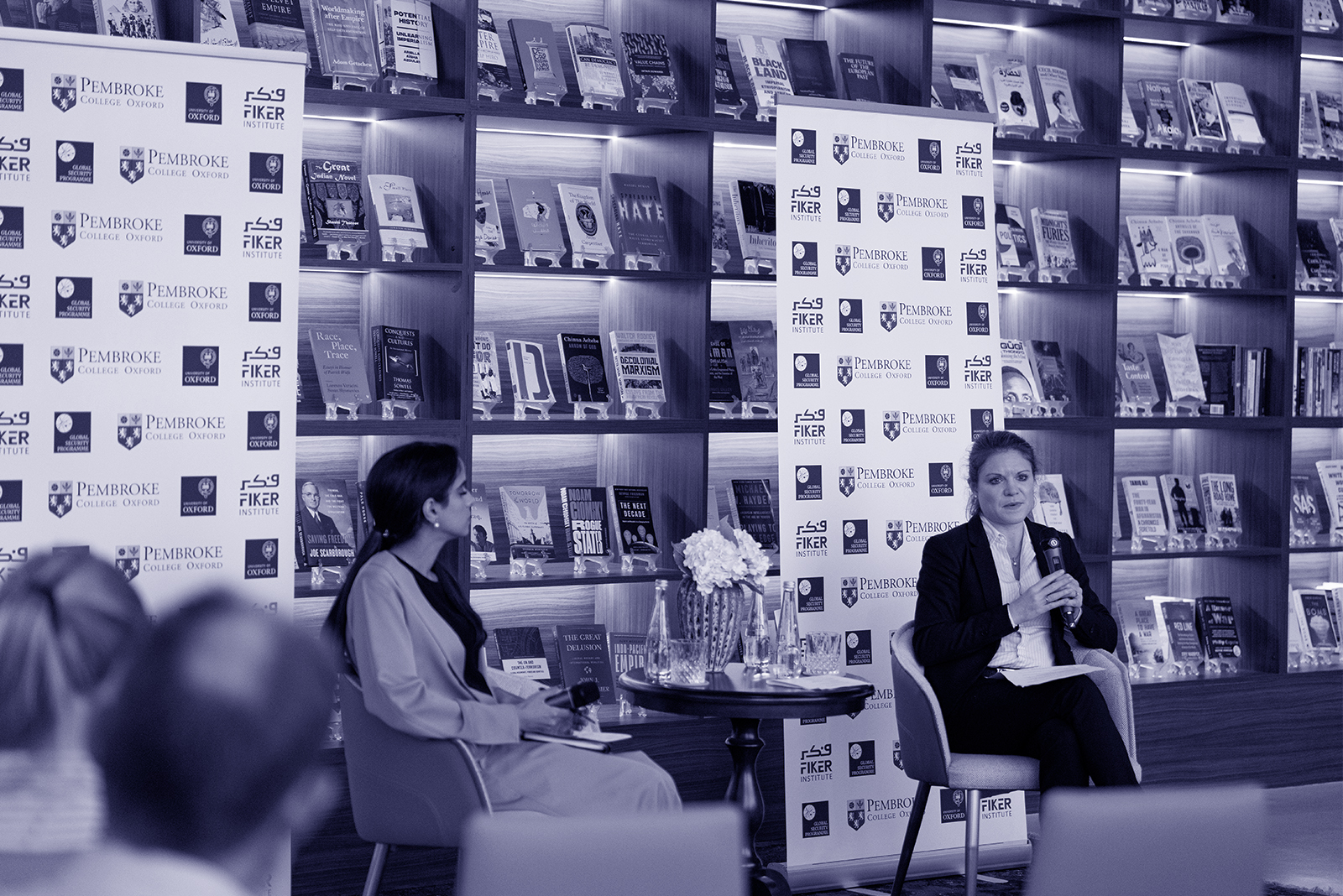
As part of the newly launched Memorandum of Understanding between Fiker Institute and the University of Oxford’s Global Security Programme, Fiker Institute hosted Dr. Annette Idler, Director of the Global Security Programme at the University of Oxford’s Pembroke College and Associate Professor in Global Security at Oxford’s Blavatnik School of Government, for a public lecture on the role of ceasefire in global security.

For the inaugural lecture of the Al-Khaleej program, Fiker Institute hosted Dr. Hasan Alhasan, Senior Fellow for Middle East Policy at the International Institute for Strategic Studies to discuss the role of Gulf states as diplomatic brokers.

Fiker Institute & the Prince Alwaleed Bin Talal Center for American Studies & Research at the American University in Cairo hosted a joint Policy Roundtable that gathered academics, fellows, & researchers to debate the political, economic, and strategic dimensions of a new American administration in November.
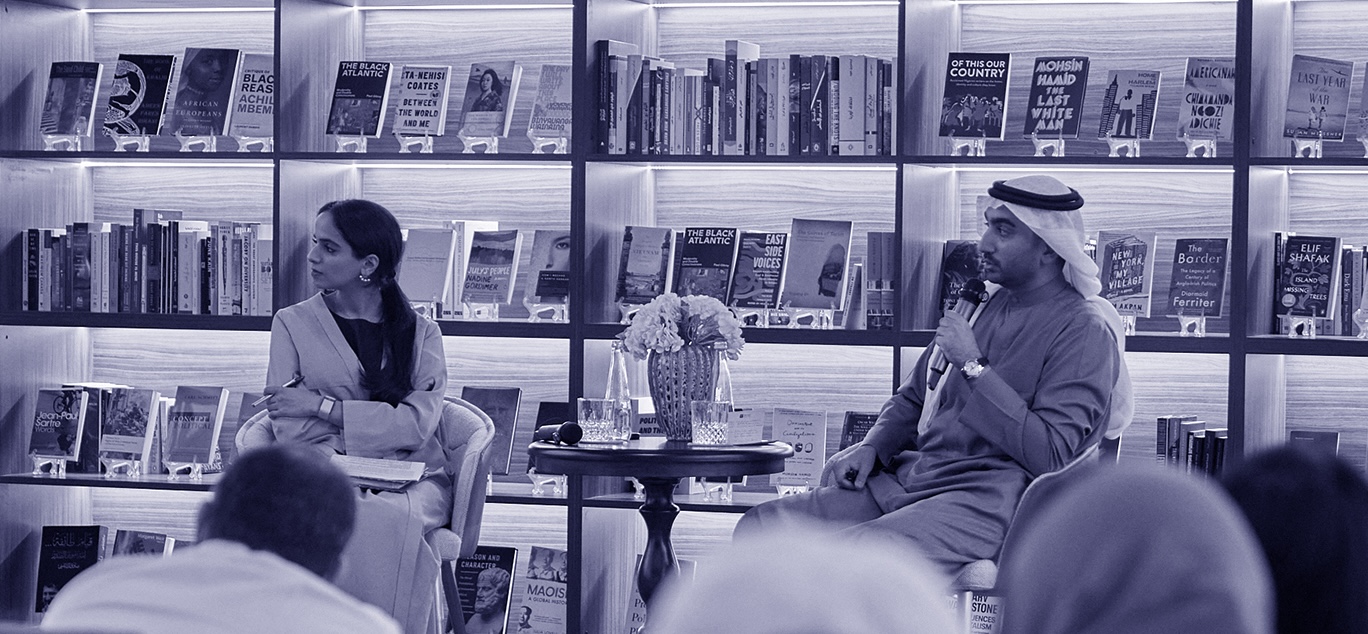
Fiker Institute hosted Bahraini diplomat and Al-Khaleej Fellow Ahmed Buhejji to discuss energy diplomacy in the Gulf.
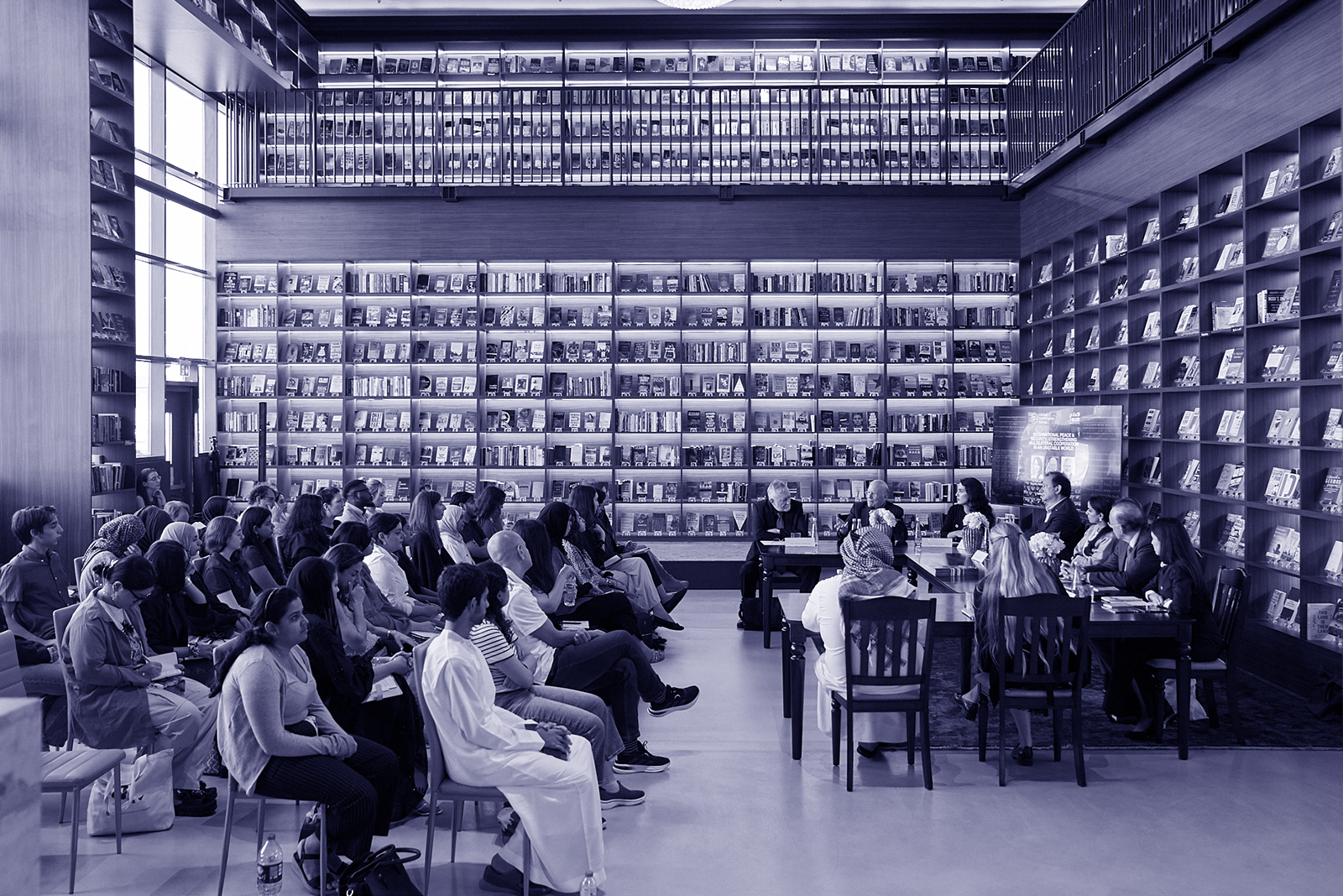
Fiker Institute and the Global Governance Forum co-hosted a symposium under the theme “Reforming the UN Charter”. The symposium gathered experts to discuss ongoing debates on the influence of multilateral institutions and their role in strengthening international stability and security.

Fiker Institute, in collaboration with the Climate Governance Commission, co-hosted a public symposium convening leading experts and policymakers to examine the urgent need for a renewed global governance architecture capable of addressing the climate crisis.

As part of the newly launched Memorandum of Understanding between Fiker Institute and the University of Oxford’s Global Security Programme, Fiker Institute hosted Dr. Annette Idler, Director of the Global Security Programme at the University of Oxford’s Pembroke College and Associate Professor in Global Security at Oxford’s Blavatnik School of Government, for a public lecture on the role of ceasefire in global security.

For the inaugural lecture of the Al-Khaleej program, Fiker Institute hosted Dr. Hasan Alhasan, Senior Fellow for Middle East Policy at the International Institute for Strategic Studies to discuss the role of Gulf states as diplomatic brokers.

Fiker Institute & the Prince Alwaleed Bin Talal Center for American Studies & Research at the American University in Cairo hosted a joint Policy Roundtable that gathered academics, fellows, & researchers to debate the political, economic, and strategic dimensions of a new American administration in November.

Fiker Institute hosted Bahraini diplomat and Al-Khaleej Fellow Ahmed Buhejji to discuss energy diplomacy in the Gulf.

Fiker Institute and the Global Governance Forum co-hosted a symposium under the theme “Reforming the UN Charter”. The symposium gathered experts to discuss ongoing debates on the influence of multilateral institutions and their role in strengthening international stability and security.

Fiker Institute, in collaboration with the Climate Governance Commission, co-hosted a public symposium convening leading experts and policymakers to examine the urgent need for a renewed global governance architecture capable of addressing the climate crisis.

As part of the newly launched Memorandum of Understanding between Fiker Institute and the University of Oxford’s Global Security Programme, Fiker Institute hosted Dr. Annette Idler, Director of the Global Security Programme at the University of Oxford’s Pembroke College and Associate Professor in Global Security at Oxford’s Blavatnik School of Government, for a public lecture on the role of ceasefire in global security.

For the inaugural lecture of the Al-Khaleej program, Fiker Institute hosted Dr. Hasan Alhasan, Senior Fellow for Middle East Policy at the International Institute for Strategic Studies to discuss the role of Gulf states as diplomatic brokers.

Fiker Institute & the Prince Alwaleed Bin Talal Center for American Studies & Research at the American University in Cairo hosted a joint Policy Roundtable that gathered academics, fellows, & researchers to debate the political, economic, and strategic dimensions of a new American administration in November.